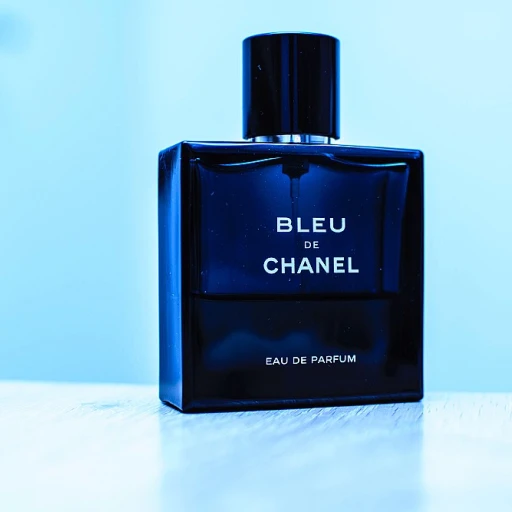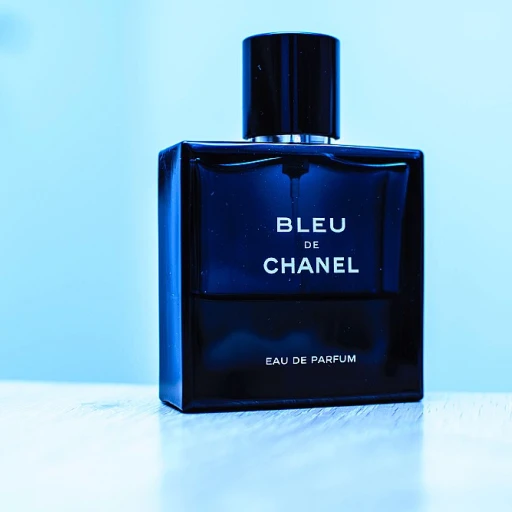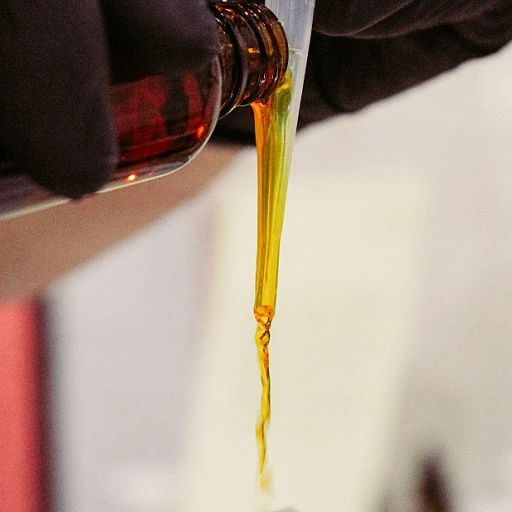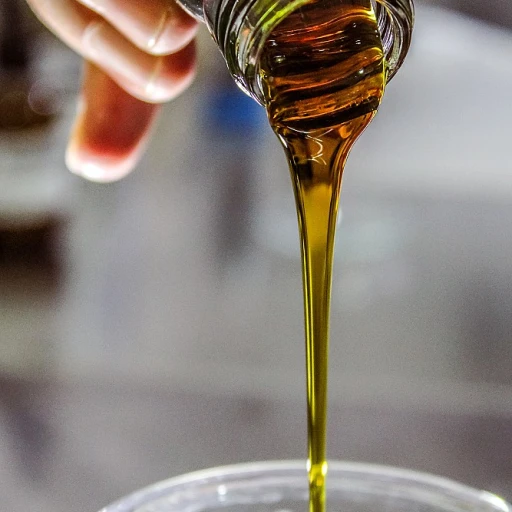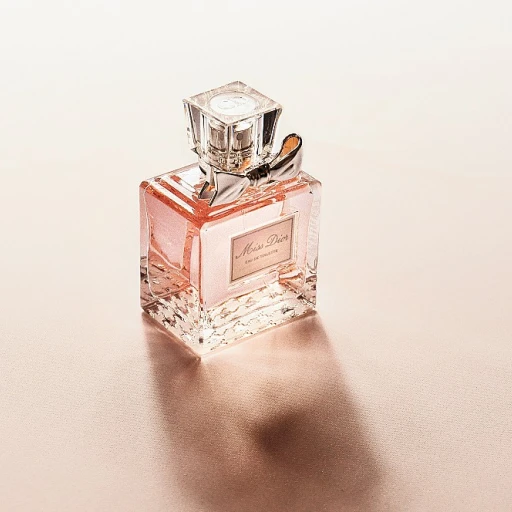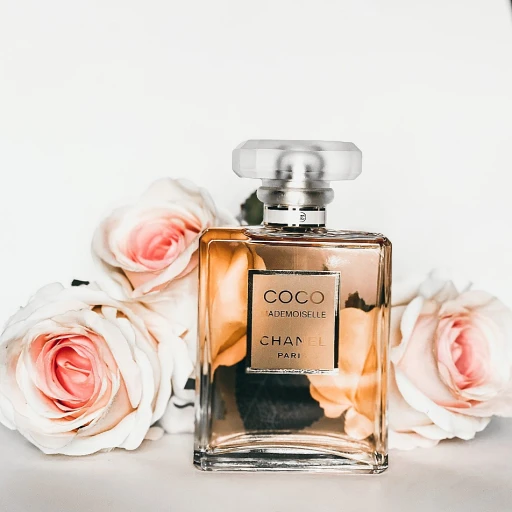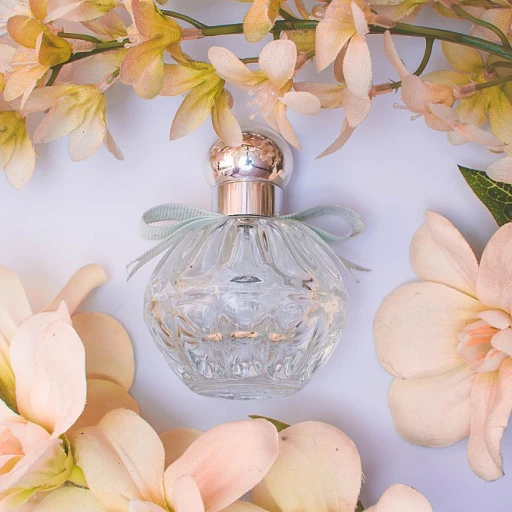
Origins and cultural significance of patchouli oil
From Ancient Rituals to Modern Perfume Bottles
Patchouli oil, derived from the leaves of Pogostemon cablin, has a history as rich and layered as its scent. This essential oil has been treasured for centuries, especially in Asian cultures, where it was used in traditional medicine and spiritual rituals. Its earthy, dark aroma became a symbol of luxury and mystique, often used to scent fabrics and personal products. The oil’s anti inflammatory properties and other health benefits patchouli offers have also contributed to its enduring appeal.
In the 19th century, patchouli oil traveled along trade routes, infusing European markets with its distinctive fragrance. Merchants would wrap textiles with patchouli leaves to protect them from moths, and soon, the scent became associated with high quality imported goods. This connection between patchouli and luxury persists today, influencing the price and perception of patchouli fragrance oil and patchouli perfume in modern markets.
Patchouli’s cultural significance extends beyond its aroma. It has been used in candle making, as a carrier oil in essential oil blends, and as a base note in countless fragrance oils. Its reputation for grounding and calming effects has made it a staple in both personal care products and home fragrance, such as candles and diffusers. Reviews patchouli products often highlight their versatility and the unique depth they bring to any scent profile.
For those passionate about fragrance, understanding the origins of patchouli oil is key to appreciating its role in today’s perfume industry. Its journey from ancient rituals to contemporary collections mirrors the evolution of other beloved botanicals, like lemongrass. If you’re curious about how other essential oils have shaped fragrance culture, discover the story of lemongrass perfume and its captivating influence.
Extraction methods and quality differences
How Patchouli Oil Is Extracted and What Affects Its Quality
Patchouli oil, derived from the leaves of the Pogostemon cablin plant, is a staple in the world of essential oils and fragrance. The way this essential oil is extracted plays a crucial role in its scent profile, benefits, and overall performance in perfume and skin products. The most common method for obtaining patchouli essential oil is steam distillation. This process involves passing steam through the dried leaves, which releases the aromatic compounds. The resulting oil is then separated and collected. Some producers use stainless steel stills, while others prefer traditional copper, which can subtly influence the final scent. The duration and temperature of distillation also impact the oil’s quality, with longer, slower distillations often yielding richer, darker, and more complex patchouli fragrance oils. Quality differences can be significant. High-quality patchouli oil is usually dark, viscous, and has a deep, earthy aroma with hints of sweetness and spice. Lower-quality or poorly distilled oils may smell flat or overly sharp. The age of the oil matters too; patchouli essential oil often improves with time, developing smoother, rounder notes as it matures. This aging process is valued by both perfumers and candle making enthusiasts seeking the best patchouli fragrance for their products. Carrier oils are sometimes used to dilute patchouli oil for skin applications, but pure, undiluted patchouli essential oil is preferred in fine fragrance and high-end products. When shopping for patchouli oil, reviews can help identify which brands offer the best quality, and it’s wise to check for details like regular price, oil msrp, shipping options, and whether the product is sold unavailable or variant sold out. Health-conscious buyers often look for patchouli oil that is free from additives and meets standards for anti inflammatory benefits. For those interested in exploring the broader world of floral scents, the allure of violet fragrance offers a fascinating contrast to patchouli’s earthy depth. Understanding these extraction methods and quality factors helps fragrance lovers make informed choices, whether they’re seeking patchouli perfume, fragrance oils for candle making, or essential oils for personal health and wellness.Patchouli oil’s role in modern perfumery
Patchouli’s Modern Renaissance in Perfumery
Patchouli oil has seen a remarkable resurgence in the world of modern fragrance. Once associated mainly with bohemian culture, today it is a cornerstone in both niche and mainstream perfumes. Its deep, earthy scent profile—derived from the leaves of Pogostemon cablin—brings complexity and longevity to a wide range of products, from essential oils to luxury patchouli perfume and even candle making blends.
Modern perfumers value patchouli essential oil for its versatility. It acts as a grounding base note, anchoring lighter florals and citruses, while adding a mysterious, dark richness to the overall scent. This adaptability is why patchouli fragrance oil is found in everything from unisex fragrances to bold, masculine blends. For those interested in exploring how patchouli and other floral essential oils shape today’s masculine scents, this guide on masculine floral essential oils offers deeper insights.
- Layering and Longevity: Patchouli oil’s molecular structure allows it to linger on the skin, making it a favorite for those seeking long-lasting fragrance. It is often blended with carrier oil to enhance its performance and skin benefits.
- Health and Wellness: Beyond its olfactory appeal, patchouli essential oil is prized for its anti-inflammatory properties and potential skin benefits, making it a popular ingredient in personal care products and candles.
- Product Diversity: From fragrance oils and essential oils to patchouli fragrance candles and bath products, the oil’s benefits and unique scent have led to a wide array of offerings. Reviews often highlight its calming effect and the sense of luxury it brings to daily routines.
When shopping for patchouli products, factors like oil msrp, regular price, shipping options, and variant sold status can influence the decision. Authentic patchouli oil, especially when labeled as free from synthetic additives, tends to command a higher price due to its quality and extraction methods. Reading reviews patchouli lovers have left can help identify the best patchouli fragrance oils and patchouli essential variants available.
In summary, patchouli’s role in modern perfumery is more dynamic than ever. Its ability to blend with other essential oils and fragrance oils, its health benefits, and its unmistakable scent profile ensure it remains a staple in both personal collections and professional formulations.
Scent profile: what makes patchouli oil unique
The Distinctive Aroma of Patchouli
Patchouli oil stands out in the world of fragrance oils for its unmistakable scent profile. Derived from the leaves of Pogostemon cablin, this essential oil brings a rich, earthy aroma that is both grounding and sensual. Unlike lighter floral or citrus notes, patchouli’s scent is deep, woody, and slightly sweet, often described as dark and mysterious. This complexity is why patchouli essential oil is a staple in many perfume products, from classic blends to modern niche creations.
What Sets Patchouli Apart?
- Longevity: Patchouli oil’s molecular structure allows it to linger on the skin, making it a favorite for those who want their fragrance to last all day.
- Versatility: It pairs well with other essential oils like sandalwood, rose, and citrus, enhancing both masculine and feminine perfumes.
- Depth and Warmth: The oil’s earthy undertones add depth to fragrance oils and candles, making them feel more luxurious and comforting.
- Natural Benefits: Beyond scent, patchouli is known for its anti-inflammatory properties and potential skin health benefits, which adds value to personal care products and carrier oil blends.
Patchouli in Everyday Products
Today, patchouli fragrance is not limited to high-end perfumes. You’ll find patchouli oil in candles, essential oil blends, and even skincare products. Its popularity in candle making is due to its ability to mask unwanted odors and create a calming atmosphere. For those seeking the best patchouli perfume or fragrance oil, reviews often highlight the oil’s unique ability to evoke nostalgia and comfort, making it a must-have in any collection.
Quality and Price Considerations
The quality of patchouli essential oil can vary based on extraction methods and origin, which impacts both the regular price and the benefits patchouli offers. Some products may be sold unavailable or listed as variant sold, so it’s important to check reviews patchouli and compare shipping options before purchasing. Whether you’re looking for a pure essential oil, a patchouli fragrance oil, or a blend for skin or candle use, understanding these differences ensures you get the most value for your investment.
Challenges in formulating with patchouli oil
Formulation Hurdles and Creative Solutions
Working with patchouli oil in modern fragrance creation is both an art and a science. Perfumers face several challenges when incorporating this essential oil into perfumes, candles, and other scented products. The unique scent profile of patchouli—earthy, dark, and slightly sweet—can easily overpower other fragrance oils if not balanced carefully.- Consistency in Quality: The quality of patchouli oil varies widely depending on extraction methods, the region where Pogostemon cablin is grown, and even the age of the oil. This variability can make it difficult for brands to maintain a consistent product experience across batches. Some perfumers prefer aged patchouli essential oil for its smoother, richer scent, but this can increase the regular price and limit availability.
- Blending with Other Oils: Patchouli’s strong character means it must be blended thoughtfully with carrier oils and other essential oils. Too much patchouli fragrance oil can dominate a blend, while too little may not deliver the desired benefits patchouli is known for, such as its anti inflammatory and skin-soothing properties.
- Stability and Longevity: Patchouli oil is prized for its longevity on skin, but it can sometimes interact unpredictably with other ingredients, affecting the final scent and shelf life of the product. This is especially important for patchouli perfume and candle making, where stability is key to customer satisfaction and positive reviews.
- Regulatory and Health Considerations: While patchouli essential oil is generally considered safe, its potency means that concentrations must be carefully controlled to avoid skin irritation. Brands must also comply with regulations regarding fragrance oils and essential oil blends, which can impact formulation and shipping to certain regions.
Balancing Price, Benefits, and Consumer Expectations
The cost of high-quality patchouli oil can be significant, especially for variants that are aged or organically sourced. This affects the final price of patchouli fragrance products, from perfumes to candles. Some consumers seek the best patchouli oil for its reputed health benefits, while others are drawn to its distinctive scent. Transparent product reviews and clear information about oil msrp, variant sold, and shipping policies help build trust and guide buyers toward the right choice for their needs. Despite these challenges, patchouli remains a favorite in the world of fragrance oils. Its versatility and depth continue to inspire perfumers and fragrance lovers alike, ensuring its place in both classic and contemporary collections.Patchouli oil fragrance in personal collections
Patchouli in Everyday Fragrance Collections
For fragrance lovers, patchouli oil is more than just an ingredient—it’s a statement. Whether you’re drawn to its earthy, dark undertones or its ability to anchor complex blends, patchouli essential oil has found a permanent place in many personal fragrance collections. The essential oil’s versatility means it appears in everything from niche patchouli perfumes to mainstream fragrance oils and even candle making products.
- Layering and Longevity: Patchouli oil’s rich scent profile allows it to blend beautifully with other essential oils, making it a favorite for layering. Its fixative qualities help other notes last longer on the skin, enhancing the overall experience of a perfume or fragrance oil.
- Product Variety: You’ll find patchouli in a range of products, from pure essential oils and fragrance oils to candles and body products. Many reviews highlight the benefits of patchouli oil, especially its anti inflammatory properties and potential skin health benefits when used with a carrier oil.
- Price and Accessibility: The price of patchouli oil products can vary widely. Factors like extraction method, oil msrp, and quality (see earlier sections) all play a role. Some brands offer free shipping or regular price discounts, but always check if a variant is sold unavailable before purchasing.
- Personal Preferences: Some collectors prefer the classic, earthy patchouli essential, while others seek out modern blends where patchouli is paired with florals or spices. The best patchouli fragrance for you will depend on your taste and how the oil interacts with your skin chemistry.
When adding patchouli oil to your collection, consider reading reviews patchouli enthusiasts have shared. These can offer insights into product performance, scent longevity, and even the benefits patchouli may offer beyond its aroma. Whether you’re seeking a signature patchouli perfume or exploring patchouli fragrance oils for candle making, this essential oil remains a timeless choice for those who appreciate depth and complexity in their scents.


